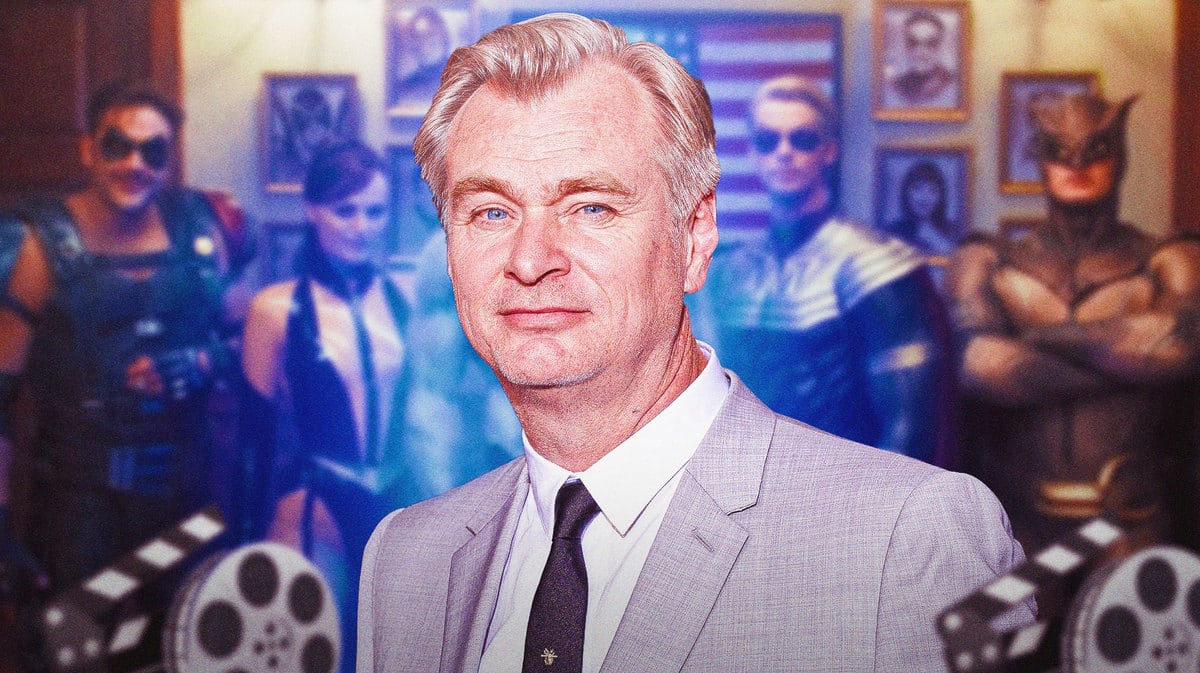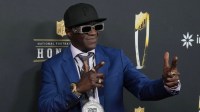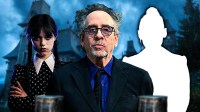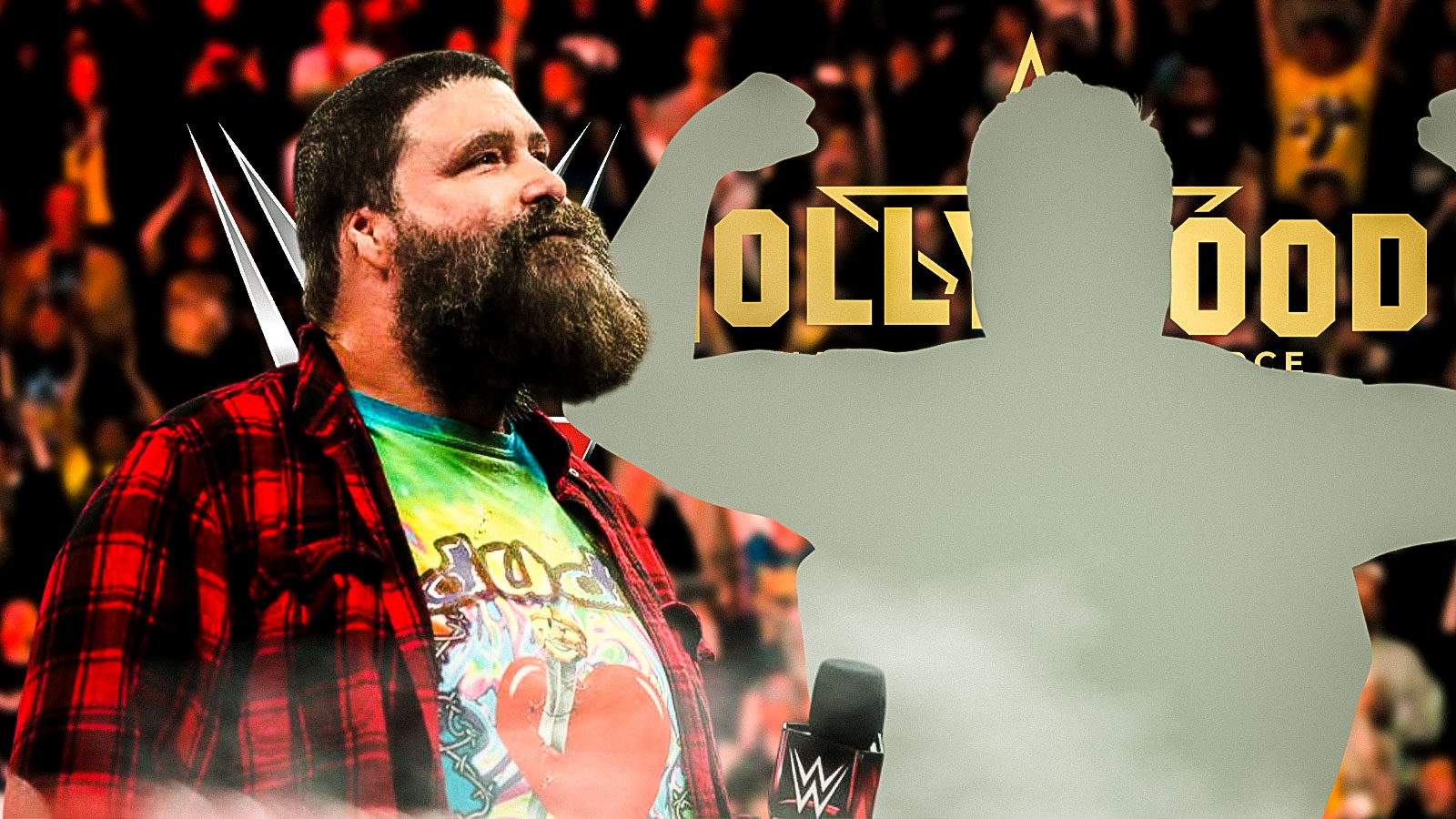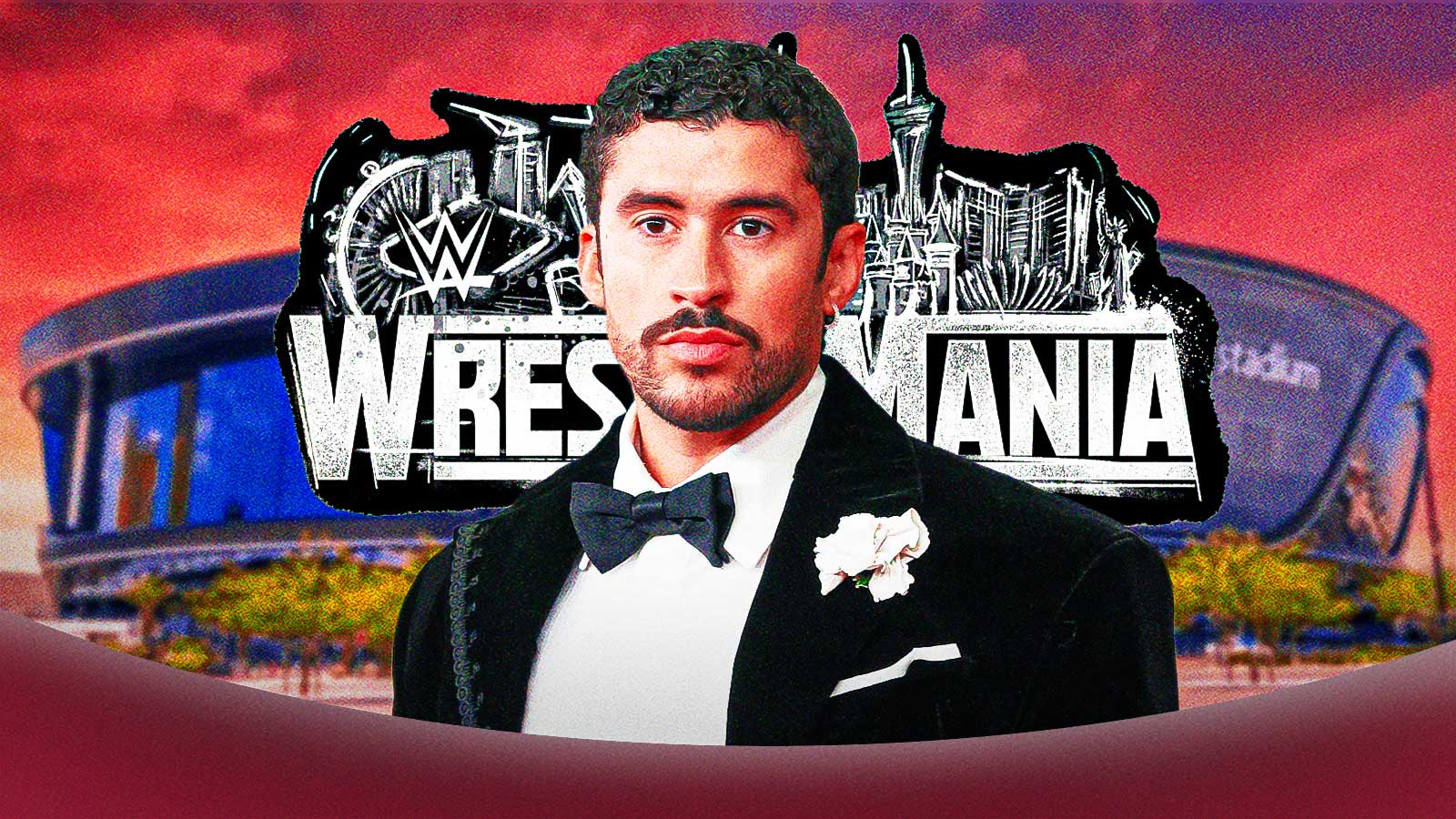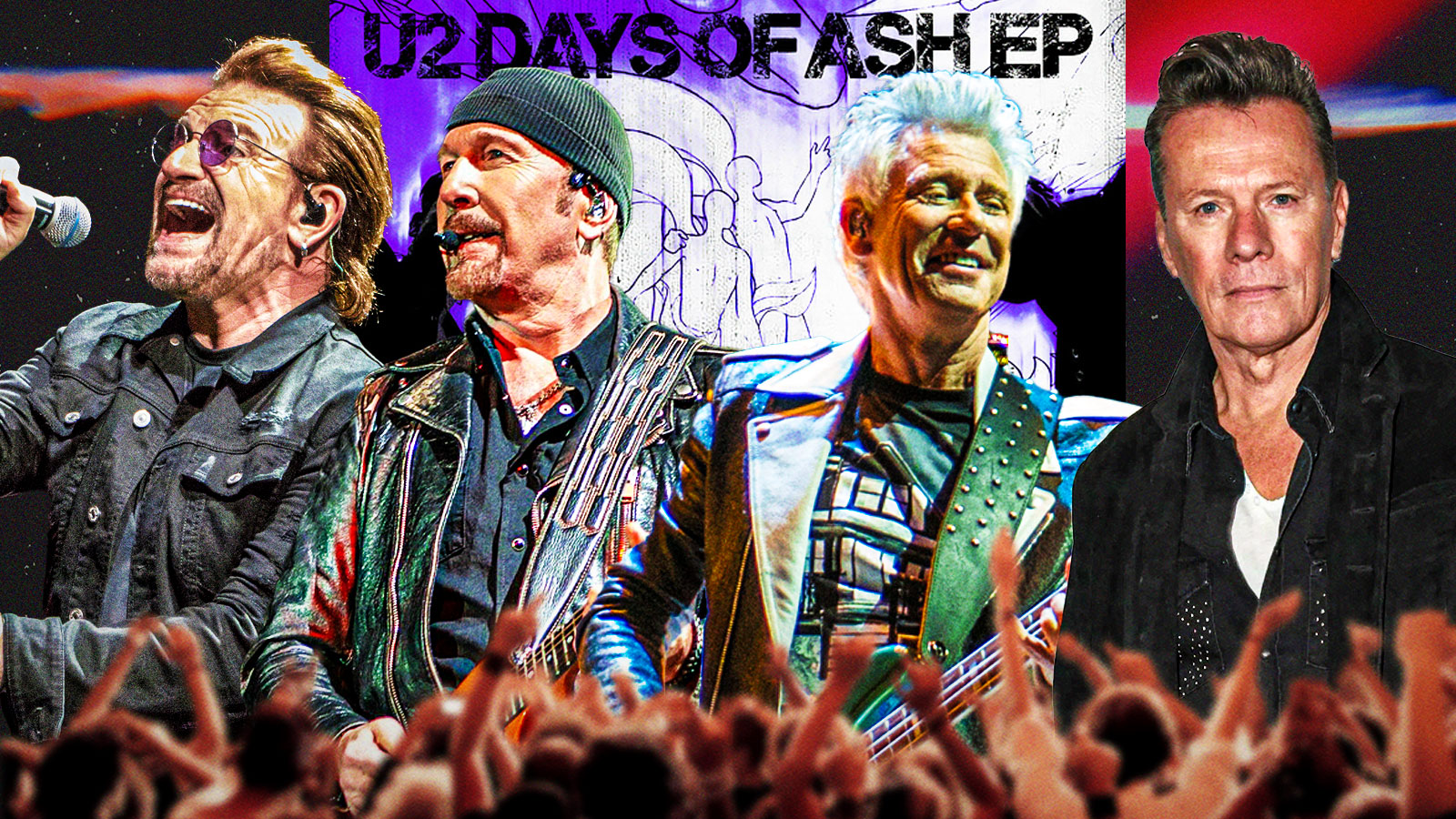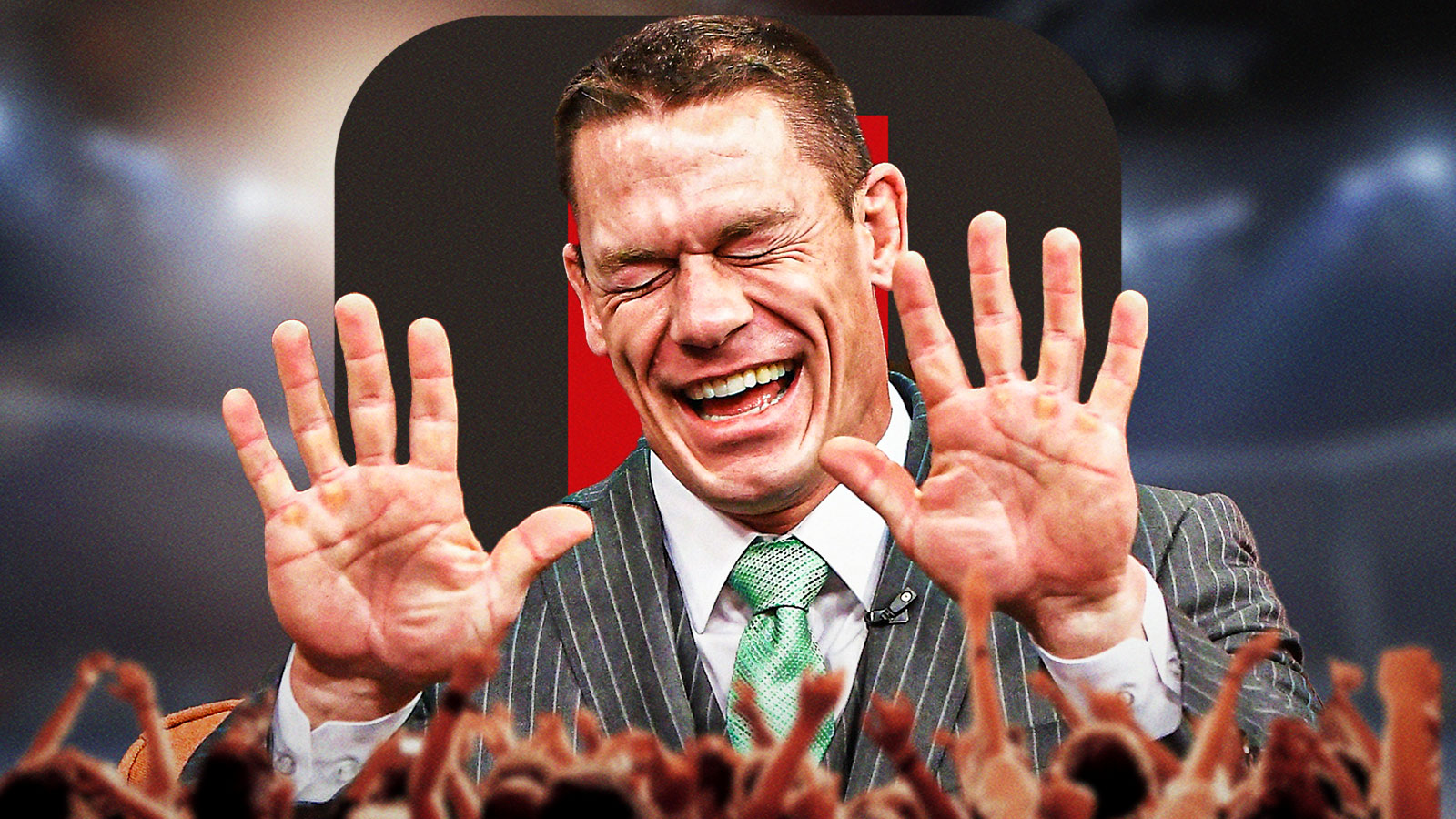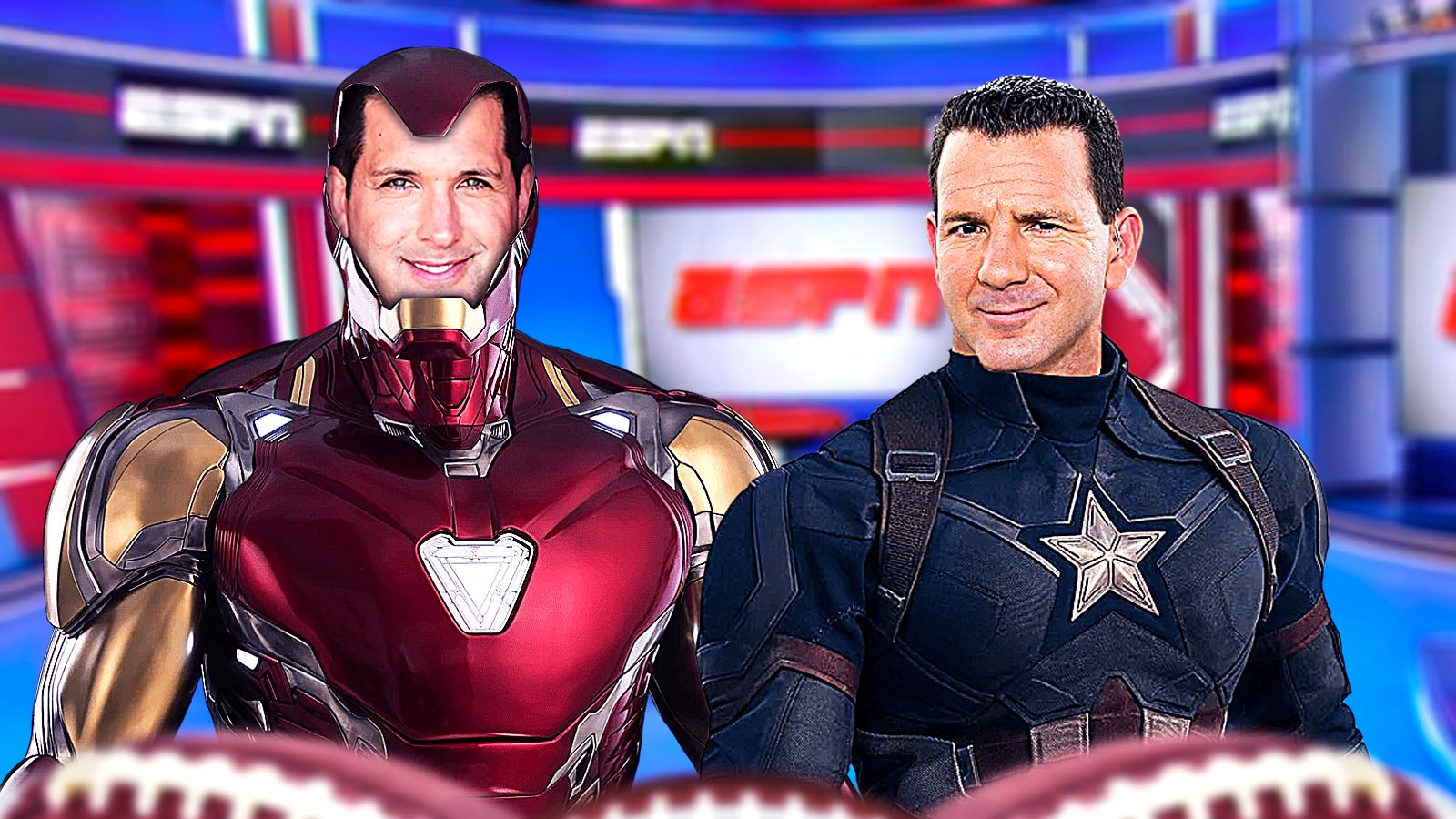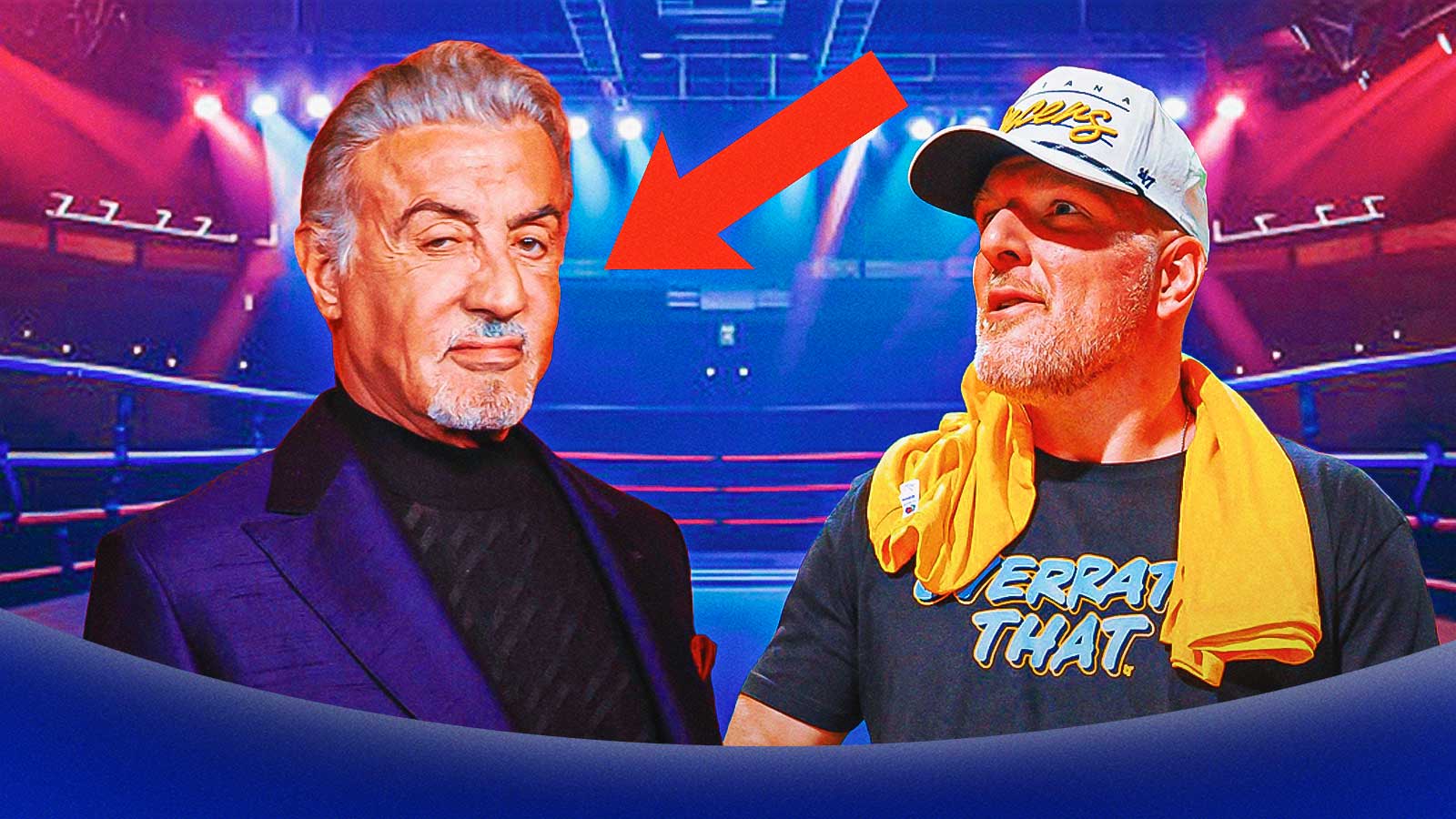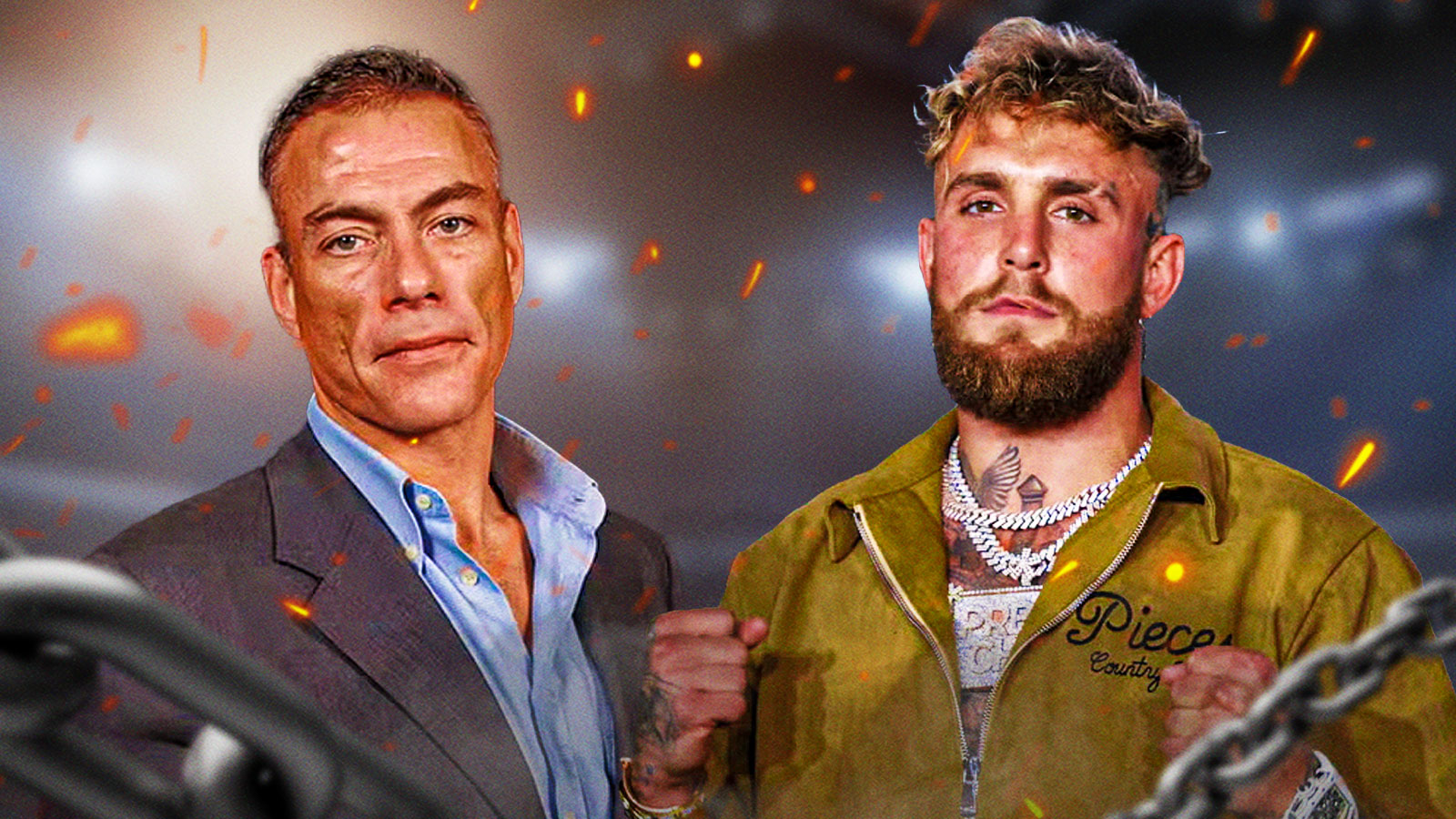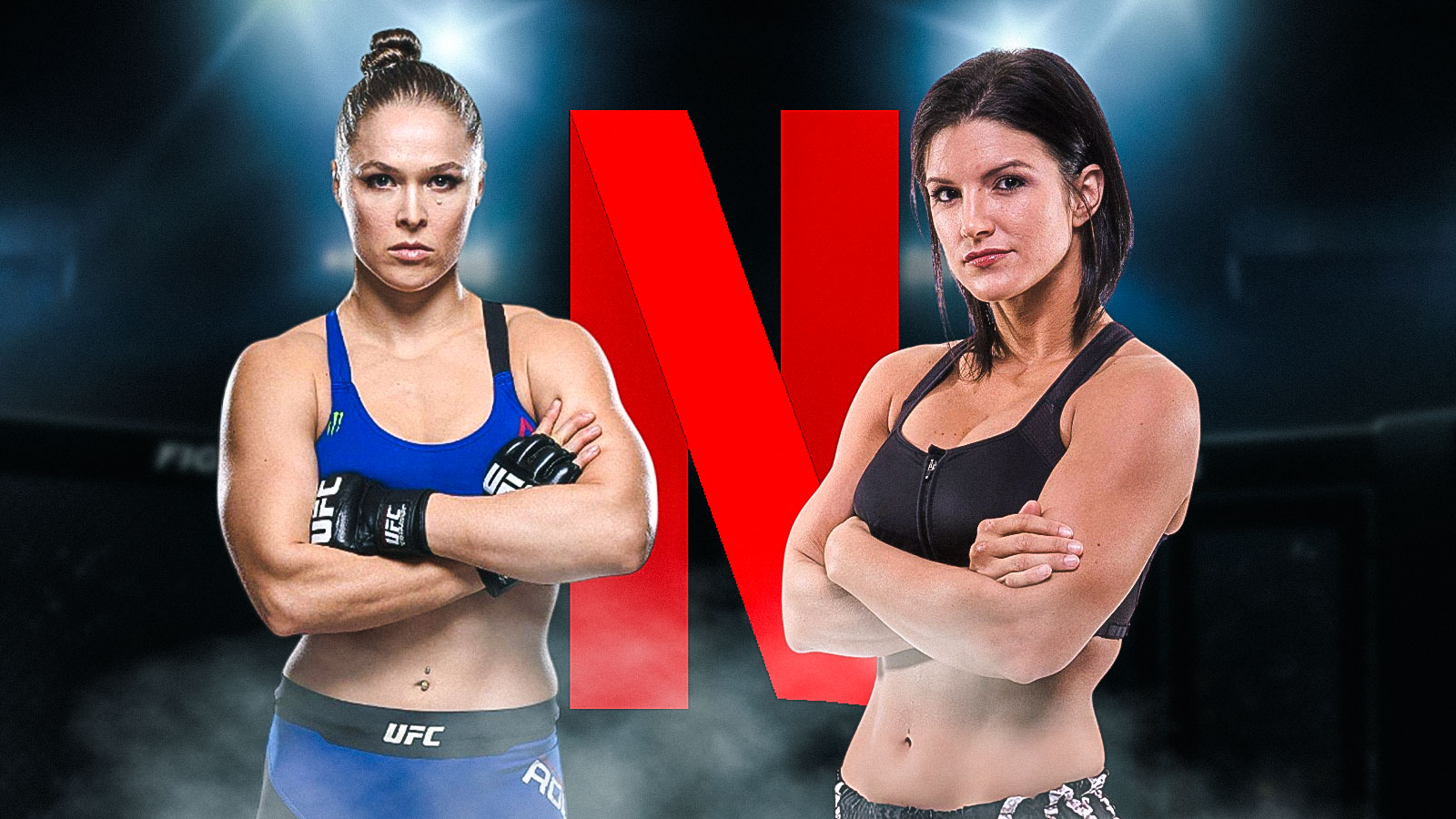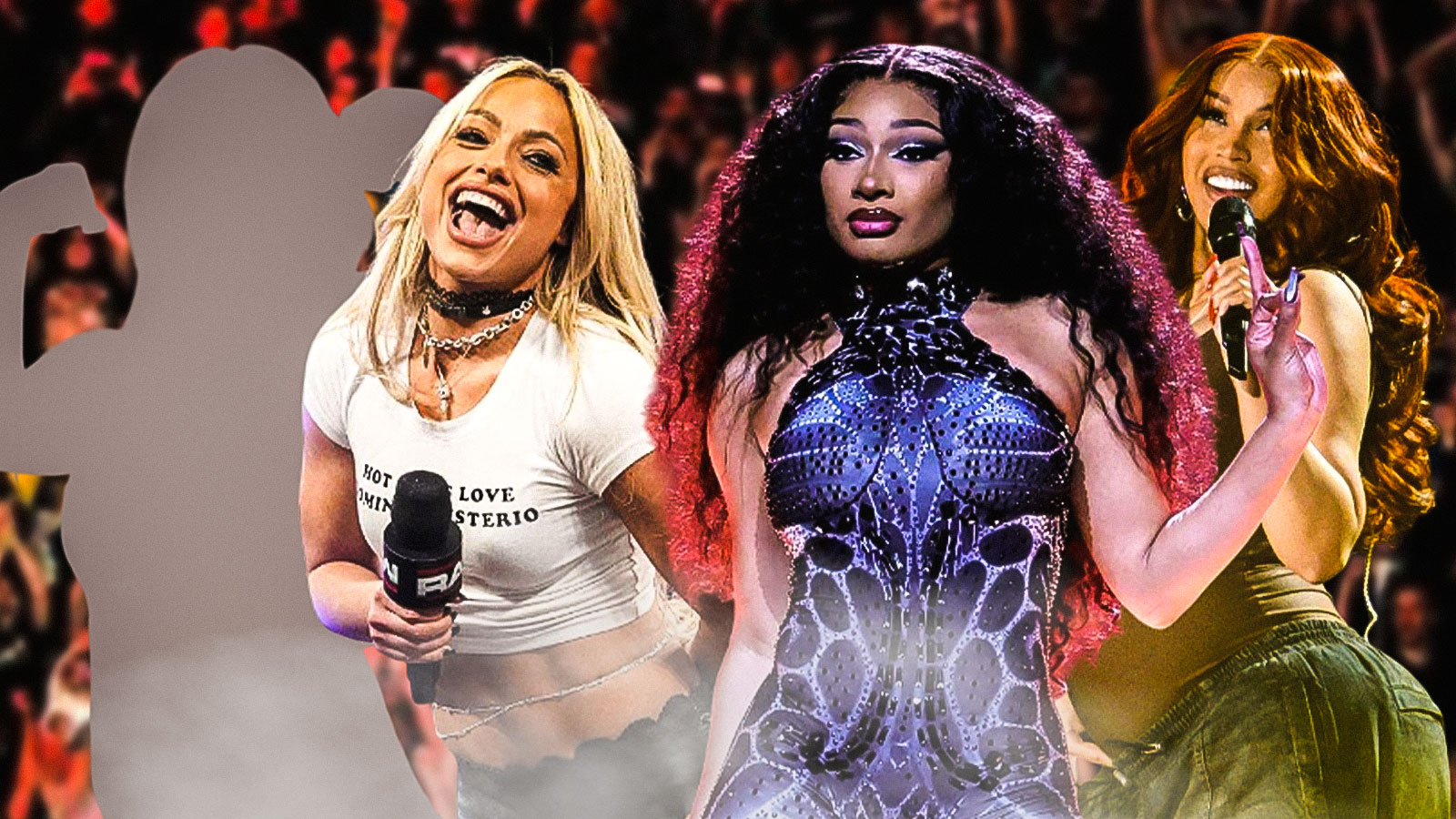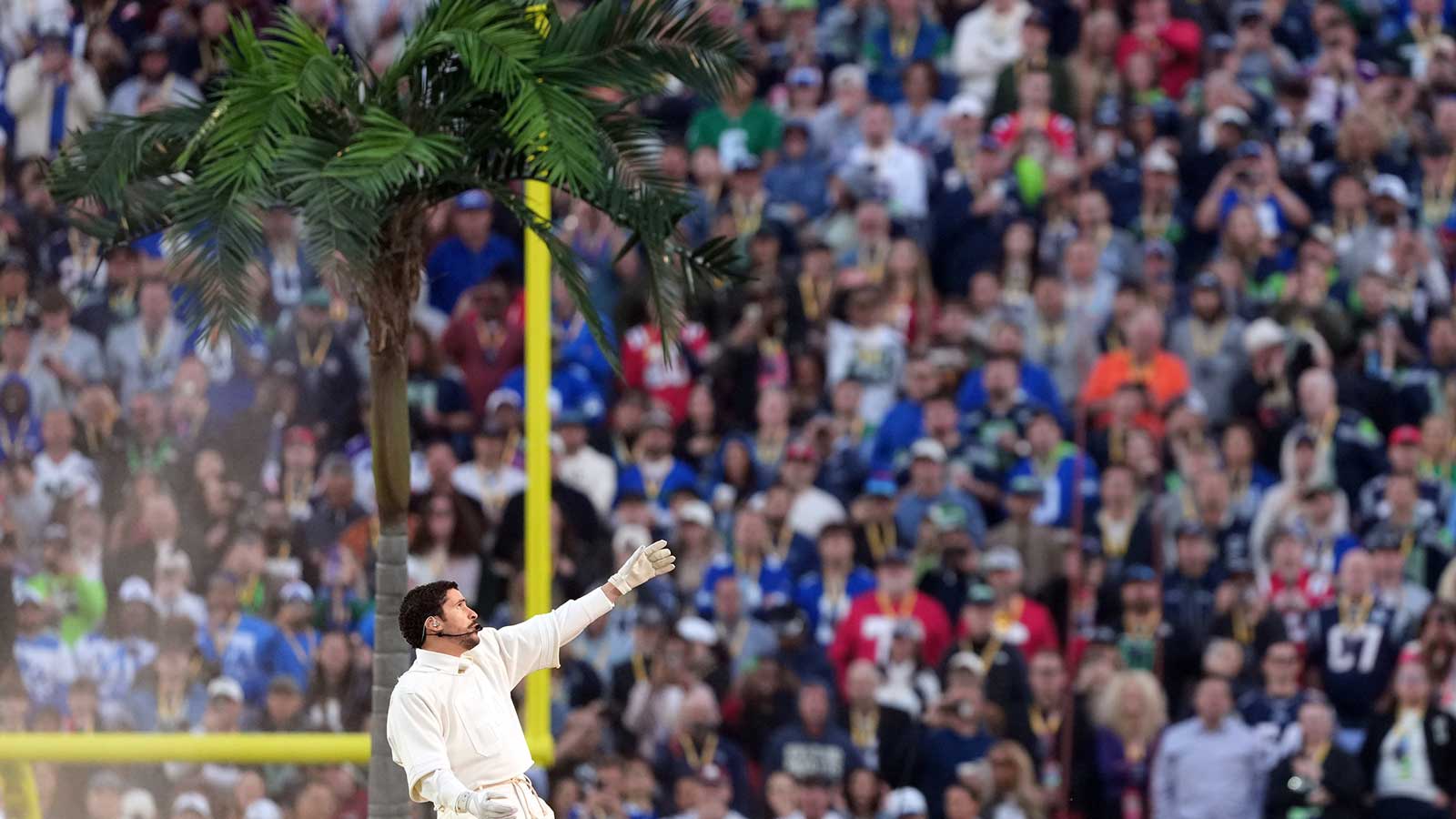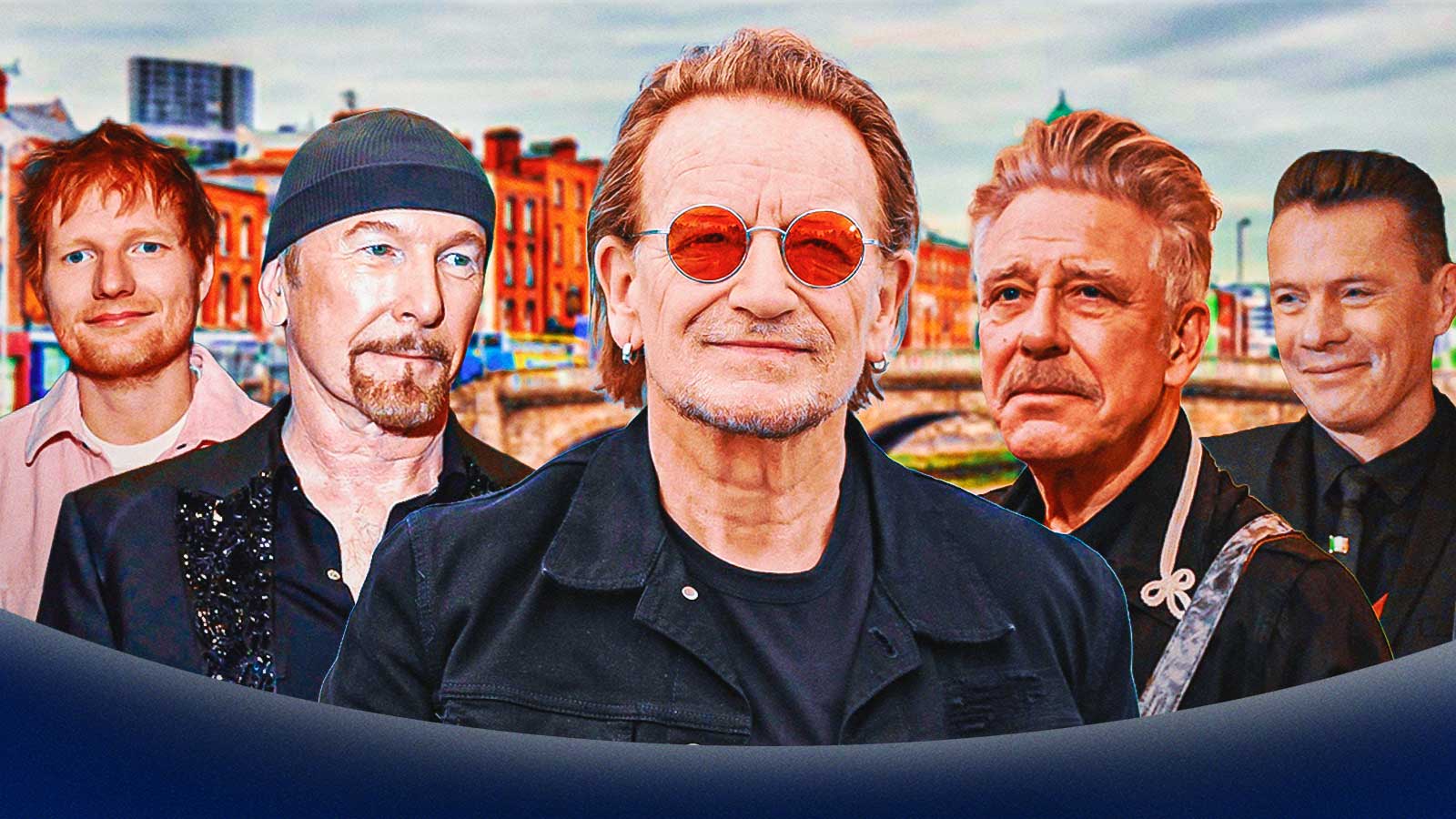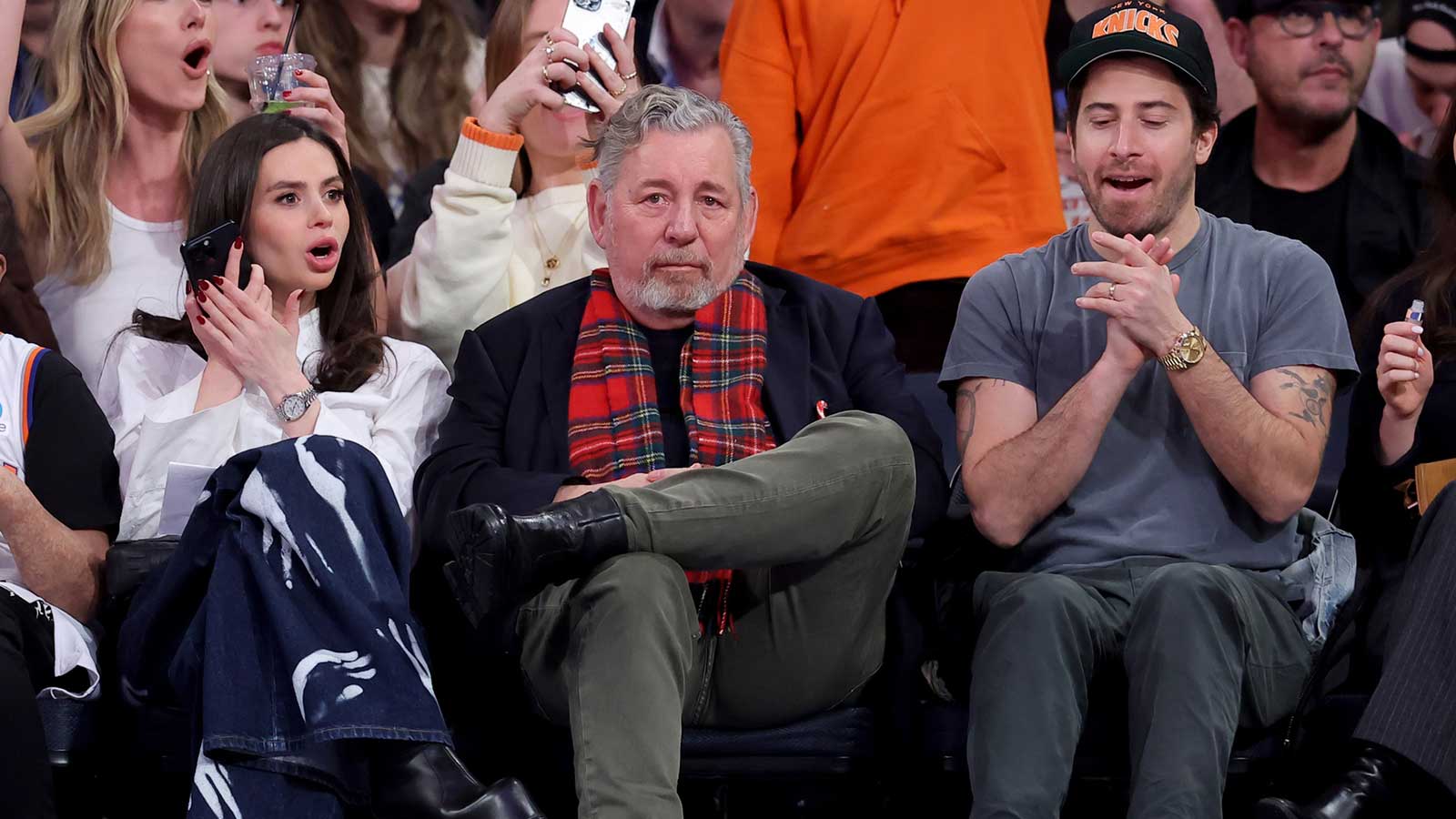The cinematic adaptation of Alan Moore's groundbreaking graphic novel, “Watchmen,” remains a polarizing subject, sparking debates over its significance within the superhero genre. While some view Zack Snyder's rendition as essential, others see it as a botched adaptation of Moore's work, questioning its place in the superhero movie landscape. Moore's original “Watchmen” broke conventions, presenting a world of superheroes with a realist-infused consciousness, embedded with socio-political themes and resistance, Worldofreel reports. Its revolutionary nature wasn't lost on filmmaker Christopher Nolan, renowned for his Dark Knight trilogy.
Nolan, reflecting on “Watchmen,” acknowledged its ahead-of-its-time quality, recognizing its subversion of the traditional superhero team concept. In an email statement, he praised its innovation and suggested that releasing it post-Avengers” would have been fascinating, hinting at its influence on the evolving superhero movie landscape.
The timing of “Watchmen's” release in 2009, just after Nolan's “The Dark Knight,” marked a pivotal shift in comic book movies toward darker, more cinematic narratives. Nolan's reimagining of Batman set a new tone for the genre, and “Watchmen” emerged during this transformative period.
For Zack Snyder, the director of “Watchmen,” Nolan's grounded take on superheroes in his Dark Knight series resonated. Following Nolan's success, Snyder's path intersected with the DC universe, eventually leading him to helm “Man of Steel,” initiating his ten-year journey through DC's cinematic realm.
Snyder's interpretation of “Watchmen” arrived at a time when superhero films were transitioning into more complex, introspective narratives. While divisive, the film's impact on the genre and its exploration of nuanced superhero storytelling remain significant, reflecting a turning point in cinematic superhero adaptations.
Nolan's recognition of “Watchmen's” innovative elements and its potential influence in a post-“Avengers” landscape underscores the evolving nature of superhero storytelling, highlighting the enduring debate and influence surrounding Zack Snyder's adaptation of Moore's graphic novel.

